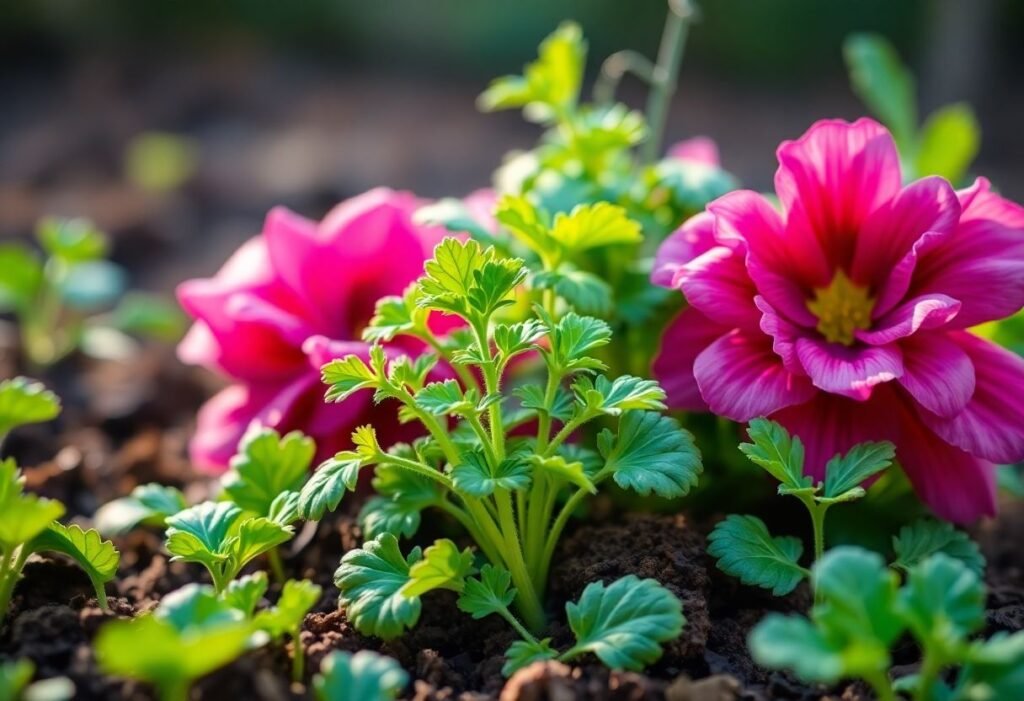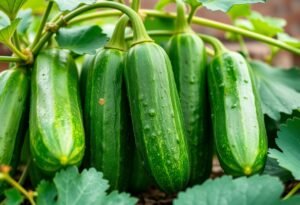Understanding Different Types of Fertilizers
Before diving deep, let’s familiarize ourselves with the different types of fertilizers available. The best fertilizer for vegetables can either be organic or synthetic. Organic fertilizers, such as compost, manure, and even some fish emulsion, provide not only essential nutrients but also improve soil structure. Synthetic fertilizers, on the other hand, can deliver nutrients quickly but require cautious application to avoid harming plants and the environment.
The Benefits of Organic Fertilizers
Choosing organic fertilizers has become increasingly popular among gardeners, and for several good reasons! They not only add fertility to the soil but also promote vital microbial life. When you use the best fertilizer for vegetables in organic form, you contribute to the flavor and nutritional value of your harvest. Plus, organic options are often more environmentally friendly, aligning with the growing desire among gardeners to foster a sustainable planet.
Essential Nutrients for Your Vegetables
The composition of the fertilizer is paramount for optimal vegetable growth. The best fertilizer for vegetables should contain essential macronutrients such as nitrogen (N), phosphorus (P), and potassium (K). Nitrogen kicks off lush leafy growth, phosphorus promotes healthy root systems, and potassium enhances overall plant resilience against diseases. It’s crucial to pay attention to the ratios of these nutrients to ensure that your vegetables thrive.
How to Apply Fertilizers Effectively
Understanding how to apply fertilizers is key to achieving great results. It’s not just about choosing the best fertilizer for vegetables; it’s also crucial to use it correctly. Most fertilizers should be spread evenly over the soil and lightly worked into the top layer. Regular application, especially during periods of rapid plant growth, will significantly benefit your garden.
Unique Nutrient Needs of Specific Vegetables
Not all vegetables require the same type of fertilizer. The best fertilizer for vegetables can vary greatly depending on what you’re growing. For instance, tomatoes thrive on higher phosphorus levels for root development, while leafy greens like lettuce lean heavily on nitrogen to produce lush foliage. Thus, it’s wise to tailor your fertilization to the unique needs of each plant.
Impact of Fertilizers on Vegetable Quality
Different fertilization methods can significantly affect the quality of your produce. Using the best fertilizer for vegetables not only aids plant growth but also translates into better flavor and nutritional benefits. Regular use of the right fertilizer, especially organic options, can lead to noticeable differences in the final product from both aesthetic and health perspectives.
Conclusion
Choosing the best fertilizer for vegetables is a vital step for every gardener. It’s worth your time to explore different types and find the ones that best serve your plants’ needs. Remember, healthy vegetables not only nourish your body but also bring joy to the gardening experience. Start your flavorful journey with your own garden!
Disclaimer
This article is for informational purposes only. Always consult with a gardening expert before making fertilizer decisions.

















